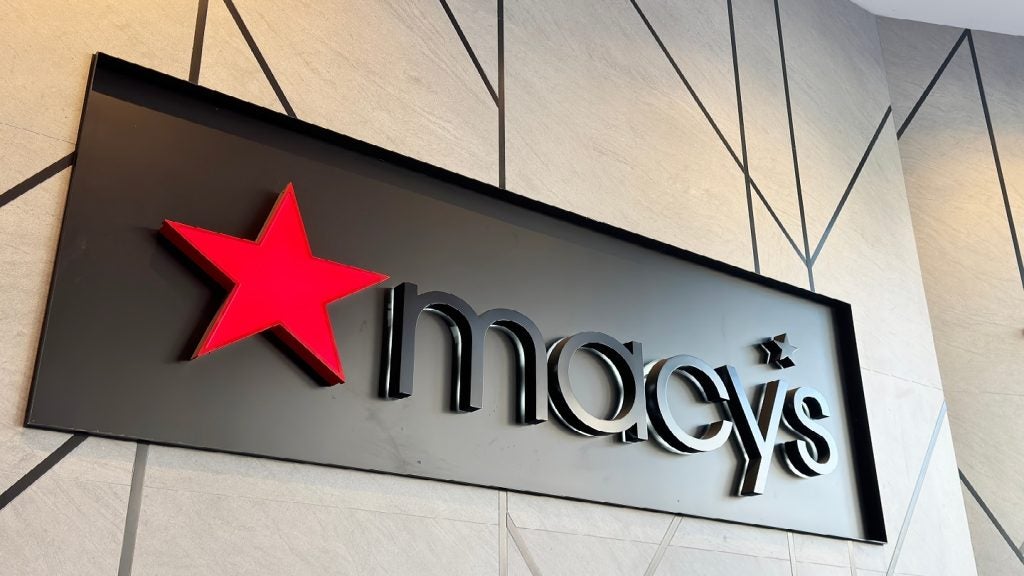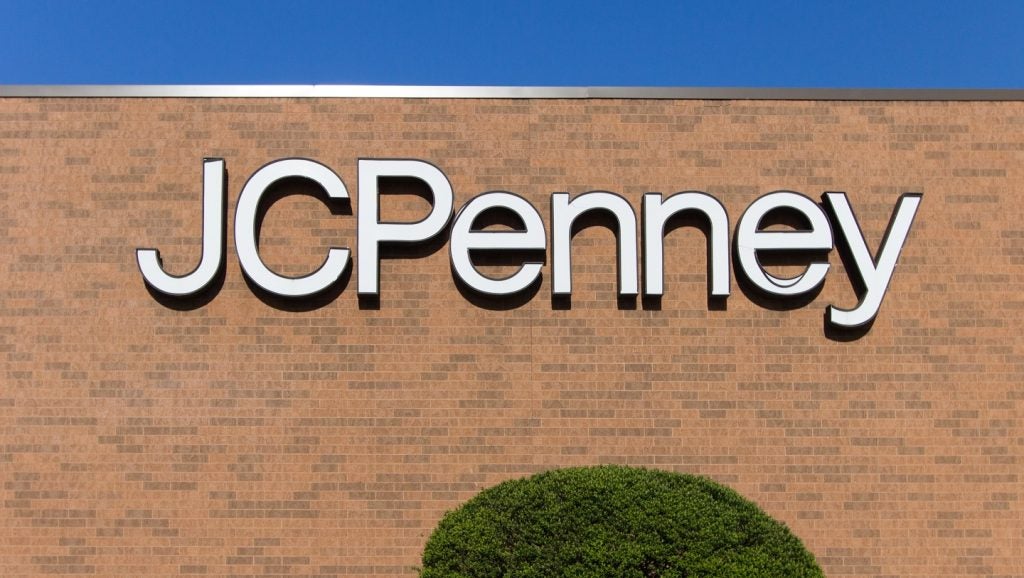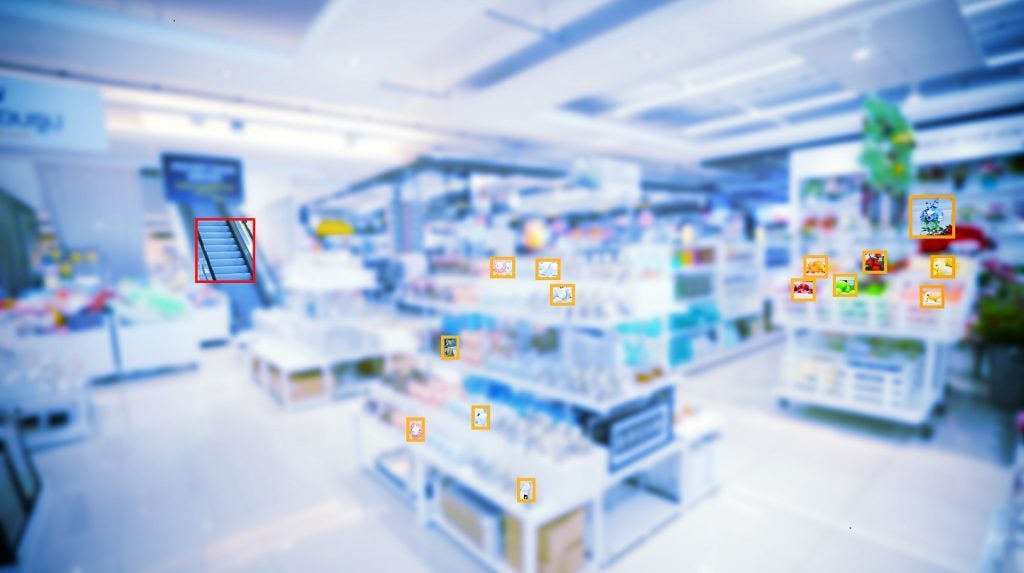Shop price deflation in the UK accelerated to 1% in December 2024, up from 0.6% in November, according to the latest data from the British Retail Consortium (BRC) and NielsenIQ.
This figure is below the three-month average of -0.8%, with shop price annual growth remaining at its lowest level since August 2021.
During the month, non-food items continued to experience deflation, reaching -2.4%, a drop from -1.8% in November.
This is below the three-month average of -2.1% and marks the steepest deflation since April 2021.
Meanwhile, food inflation was at 1.8% in December, matching the three-month average. This is a significant slowdown since the beginning of the year, with inflation holding steady at the lowest level since December 2021.
Fresh food inflation remained steady in December at 1.2%, slightly above the three-month average of 1.1% - the lowest inflation rate for fresh food since November 2021.
Ambient food [food items that can be stored at room temperature] inflation rose marginally to 2.8% in December from 2.7% in November, consistent with the three-month average and the lowest inflation rate for ambient food since February 2022.
BRC chief executive Helen Dickinson said: “Retailers discounted heavily for Black Friday this year as they attempted to make up for weaker sales earlier in the year. However, the later Black Friday timing brought many of the non-food discounts into the measurement period, making non-food prices look more deflationary than the underlying trend. With food inflation bottoming out at 1.8%, and many price pressures on the horizon, shop price deflation is likely to become a thing of the past.
“As retailers battle the £7bn of increased costs in 2025 from the [October 2024] Budget, including higher employer NI [National Insurance], [the] National Living Wage, and new packaging levies, there is little hope of prices going anywhere but up.”













